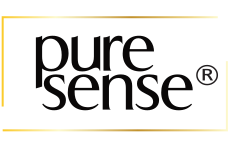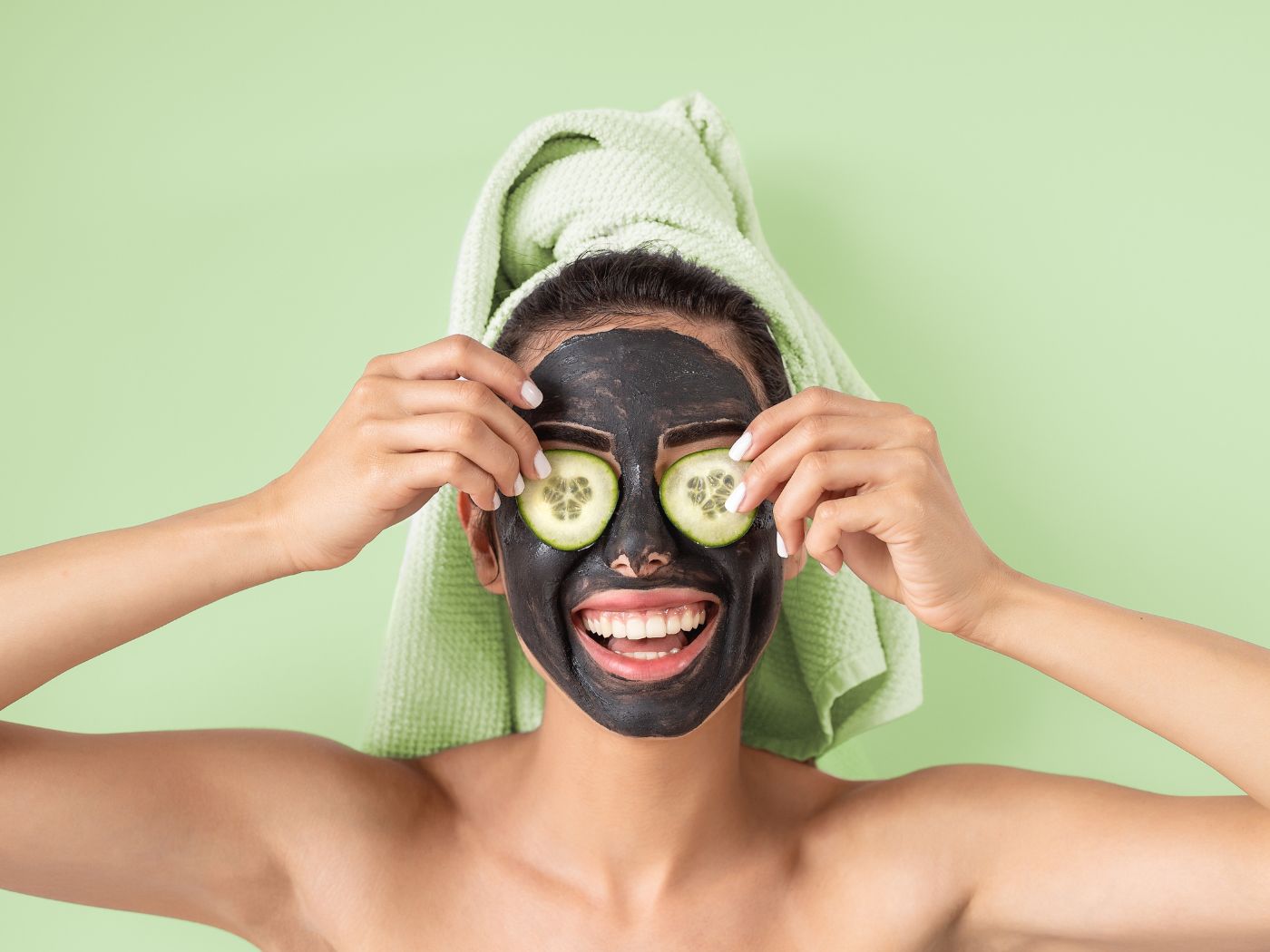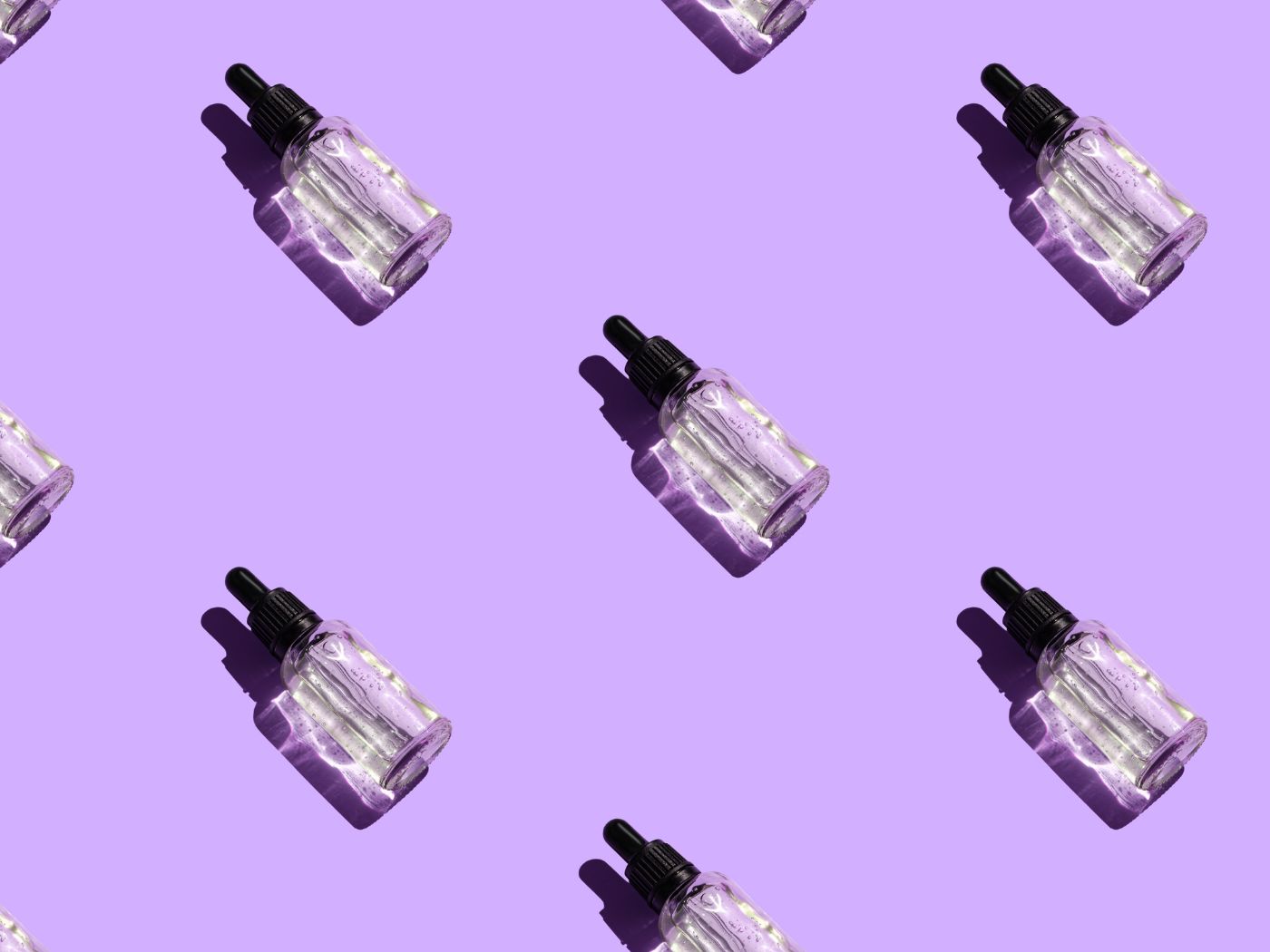We all know that eating healthy food is essential for the good health of our body. However, what you eat not only affects your health but also your skin health. Therefore, it is crucial to moderate what you eat. Today, we will take a look at the best diet for pimples, how to choose your diet for acne-free skin using the best foods for acne and more! So let’s get right into it, shall we?
-
How Does What You Eat Affect Acne On Skin?
-
5 Best Foods For Acne
-
What Is The Best Diet For Acne-Free Skin?
-
Conclusion
-
FAQs On Diet For Acne-Free Skin
How Does What You Eat Affect Acne On Skin?

The food you eat can affect acne on the skin in several ways. Here are some examples:
- High glycemic index foods: Foods that are high on the glycemic index, such as white bread, pasta, sugary drinks, and snacks, can cause a rapid spike in blood sugar levels. This can trigger the release of insulin, which can cause an increase in sebum production and inflammation, leading to acne breakouts.
- Dairy: Dairy products, such as milk and cheese, contain hormones that can contribute to acne. Some studies have suggested that consuming high amounts of dairy products may increase the risk of acne in some individuals.
- Omega-3 fatty acids: Omega-3 fatty acids found in fatty fish, nuts, and seeds have anti-inflammatory properties and may help reduce acne inflammation.
- Antioxidants: Antioxidants found in fruits and vegetables can help reduce inflammation and oxidative stress, which are associated with acne.
- Water: Drinking plenty of water can help keep the skin hydrated and may help flush out toxins that can contribute to acne.
Overall, a diet rich in whole foods, such as fruits, vegetables, lean protein, and healthy fats, may help improve acne-prone skin. It is also important to limit processed and high glycemic index foods, as well as dairy products, for those who are sensitive to them. However, it is important to note that diet alone may not be enough to completely clear acne and should be used in conjunction with other treatments and skincare practices recommended by a healthcare professional.
5 Best Foods For Acne

Here are some of the best foods for acne-prone skin:
- Fatty fish: Fatty fish is a good source of omega-3 fatty acids, which can help reduce inflammation in the body. Inflammation is a major factor in acne, as it can cause the skin to produce excess oil and lead to clogged pores. Omega-3s also help to strengthen the skin's barrier function, which can help prevent water loss and maintain healthy skin.
- Nuts and seeds: Nuts and seeds are a good source of vitamin E, which is an antioxidant that can help protect the skin from damage caused by free radicals. Vitamin E can also help reduce inflammation and promote healthy skin growth. Some nuts and seeds, such as flaxseeds and chia seeds, are also high in omega-3 fatty acids.
- Fruits and vegetables: Fruits and vegetables are packed with antioxidants, which can help reduce inflammation and promote healthy skin. For example, berries are rich in anthocyanins, which are antioxidants that can help protect the skin from damage caused by UV radiation. Leafy greens are also a good source of vitamin A, which is important for skin health.
- Green tea: Green tea contains a group of antioxidants called catechins, which can help reduce inflammation and redness associated with acne. Catechins can also help regulate sebum production and promote healthy skin growth. Drinking green tea regularly can also help improve skin hydration and elasticity.
- Probiotic-rich foods: Probiotics are beneficial bacteria that help to maintain a healthy balance of bacteria in the gut. When the gut is healthy, it can help reduce inflammation throughout the body, including in the skin. Some studies have suggested that taking probiotics or eating probiotic-rich foods may help improve acne symptoms.
It is important to note that while these foods may be beneficial for acne-prone skin, they should not be relied upon as the only form of treatment. A comprehensive approach that includes good skincare practices, medical treatment, and a healthy diet is often necessary to effectively manage acne.
You can also try Energise Grapefruit Revitalising Face Cleansing Gel by Pure Sense to naturally cleanse your skin pores and reduce acne from your skin naturally. As all Pure Sense are 100% natural, the face cleansing gel will naturally cleanse and nourish your skin to get rid of all the impurities.
What Is The Best Diet For Acne-Free Skin?

There is no single "best" diet for acne-prone skin, as everyone's skin and dietary needs are different. However, there are some general guidelines and tips that may help manage acne through diet:
- Eat a balanced diet: A balanced diet that includes a variety of whole foods, such as fruits, vegetables, lean proteins, and whole grains, can help provide your skin with the nutrients it needs to stay healthy.
- Avoid processed foods and sugar: Processed foods and sugary drinks can lead to inflammation and spikes in blood sugar levels, which can exacerbate acne.
- Choose low-glycemic foods: Foods that have a low glycemic index, such as whole grains, fruits, and vegetables, are digested more slowly by the body and can help prevent spikes in blood sugar levels that can contribute to acne.
- Consider an anti-inflammatory diet: An anti-inflammatory diet, which focuses on whole, nutrient-dense foods that are low in sugar and processed foods, can help reduce inflammation throughout the body, including in the skin.
- Limit dairy: Some studies have suggested that dairy products may be linked to acne, so it may be helpful to limit or avoid dairy if you have acne-prone skin.
- Stay hydrated: Drinking plenty of water can help keep your skin hydrated and healthy.
It is important to note that while diet can help manage acne, it is often not enough on its own and should be used in combination with other treatments and skin care practices recommended by a healthcare professional.
Conclusion
We hope now you know everything you need to know about the best diet for acne-free skin and the best food foods for acne! Remember while what you eat makes a huge difference, it is also crucial to follow a good daily skincare routine.
FAQs On Diet For Acne-Free Skin
-
What to eat to remove pimples?
While there is no one specific food that can magically cure acne or pimples, there are several foods that may help to reduce their occurrence and severity. Eating a healthy and balanced diet that is rich in whole, nutrient-dense foods can help to support skin health and reduce inflammation throughout the body, which can contribute to acne. Some specific foods that may be helpful for reducing pimples and acne include fatty fish, leafy greens, colourful fruits and vegetables, and nuts and seeds.
-
How to make face pimples free?
To keep your face pimple free, it is vital to make conscious choices about the food you eat. You should also have a balanced diet, avoid processed food and sugar, choose low-glycemic food and keep yourself hydrated. Also, it is vital to follow a good skincare routine to cleanse your skin pores daily.
-
Does your diet affect acne on the skin?
Yes, what you eat can have a big impact on your skin health. For instance, eating oily and fat-rich food can make your skin oily and prone to acne. Therefore, it is vital to eat only healthy food and keep yourself hydrated. Moreover, it is essential to follow a daily skincare routine with cleansing, exfoliating and moisturising steps to keep your skin fresh and healthy.






